|
Since the inauguration in 2012 of China’s seventh president, Xi Jinping, the country has witnessed a harder clampdown on the media both in print and online. But since the coronavirus reared its head at the end of last year, Xi’s attempts to control the narrative have backfired. The death of coronavirus whistleblower Dr Li Wengliang has led to a backlash. Citizen journalism is spreading, with people recounting their experiences on video and voicing their anger about the lack of information. Now the state is trying to control that backlash too. Paul Gardner examines what happens when a system puts social stability and party legitimacy above the
public interest.
Iron deficiency is a major problem, particularly for children because growth and development depend heavily on having enough iron. But it’s hard to measure, particularly in Africa where the current test can be influenced by other factors. And this leads to supplements being distributed based on poor data, resulting in the wrong children being targeted. John Muthii Muriuki explains research that set out to calculate more reliable estimates of the burden of iron deficiency in African children.
And Janusz Paweska sets out the seven factors that most contributed to the last Ebola patient being released from a treatment centre in the Democratic Republic of Congo.
|
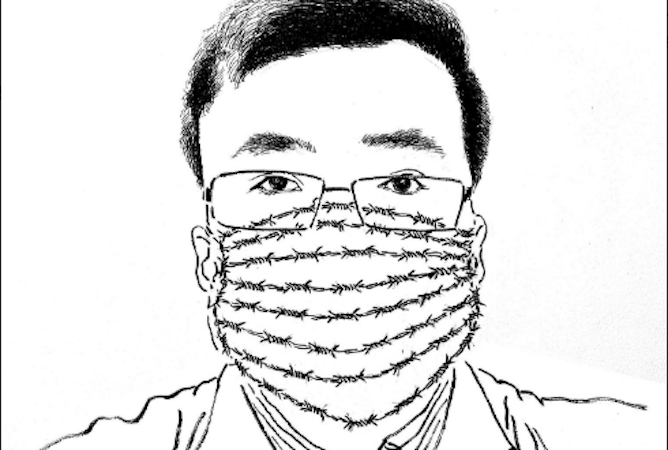
Kuang Biao
Paul Gardner, University of Glasgow
The death of coronavirus whistleblower Dr Li Wengliang led to a backlash against China's policy of information control. Now the state is trying to control that too.
|
|
|
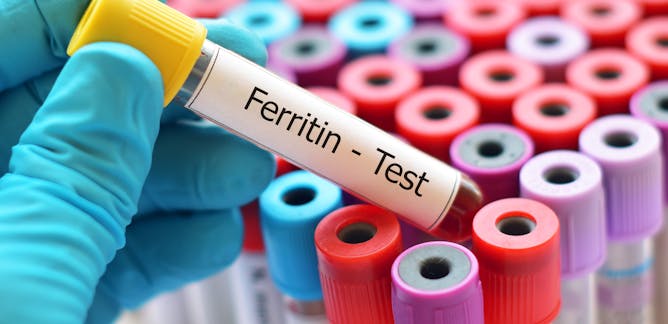
John Muthii Muriuki, Kenya Medical Research Institute
In some communities, over a quarter of the children were misclassified as iron replete whereas they were iron deficient.
| |
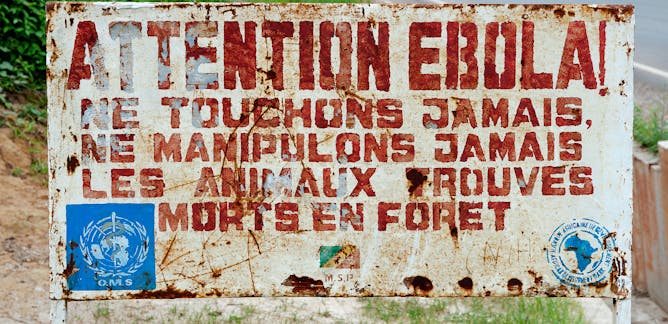
Janusz Paweska, National Institute for Communicable Diseases
The biggest lesson has been that controlling a disease outbreak like Ebola is impossible without community trust and engagement.
|
|
|
Health + Medicine
|
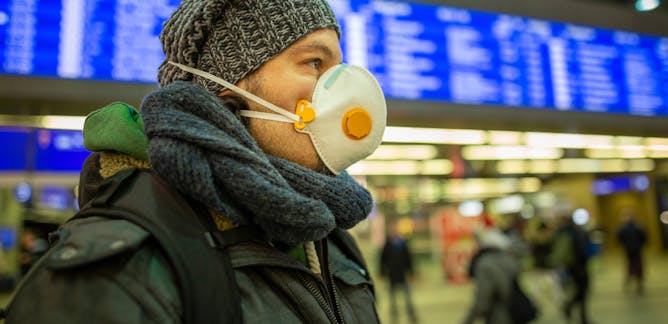
Jo Daniels, University of Bath
Stop constant checking and stay social.
| |
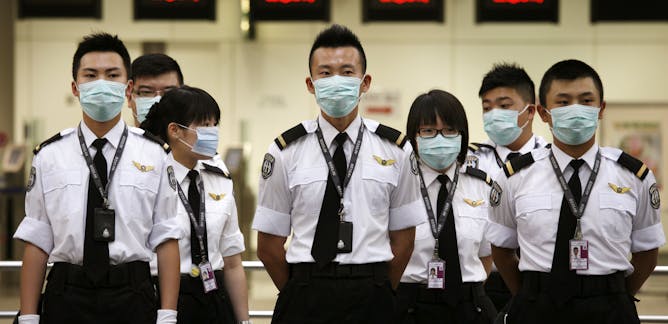
Arinjay Banerjee, University of Saskatchewan
More than 8,000 people have died from Ebola in West Africa since February 2014 and it has spread beyond the three countries initially affected. So, it’s an epidemic, right? Or is it an outbreak? What about…
|
|
|
En español
|

José Manuel García García, Universidad de Castilla-La Mancha
A todas horas, organismos, instituciones, empresas privadas y gurús del fitness tratan de convencernos de que sus fórmulas son garantes de una vida sana. ¿Están basadas en evidencias científicas?
| |

Víctor Garro Abarca, Instituto Tecnológico de Costa Rica; Pedro Ramiro Palos Sánchez, Universidad de Sevilla
El trabajo remoto no es simplemente enviar a la casa al trabajador, implica otros factores no tecnológicos y exige el desarrollo de una estrategia de trabajo en equipo, preparación y control.
|
|
|
En Français
|
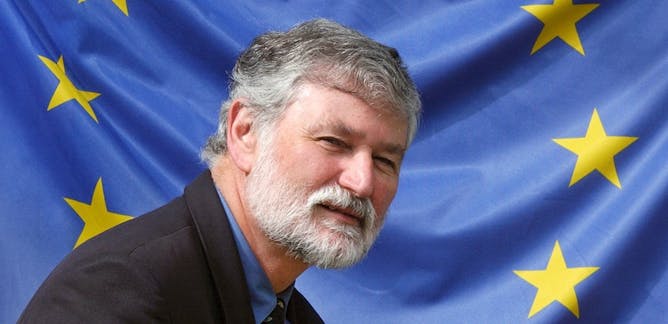
Susan Collard, University of Sussex
Le Brexit a une signification particulière pour les 757 citoyens britanniques actuellement élus en France, dont le mandat expire lors des prochaines élections municipales en mars.
| |

François Lévêque, Mines ParisTech
Qui pense aux contraintes particulièrement exigeantes d’un directeur d’opéra lorsqu’il assiste à une représentation de Nabucco ou de Mme Butterfly ? Réponse : l’économiste François Lévêque.
|
|
|